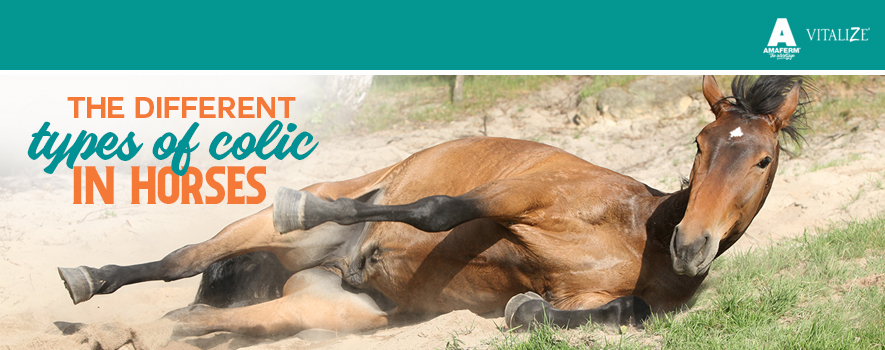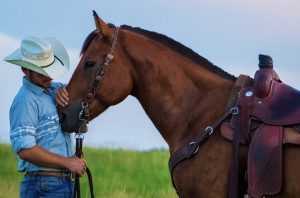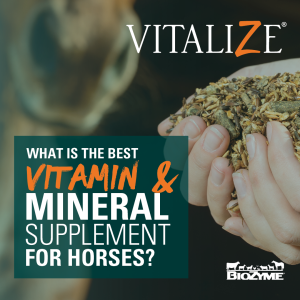
Colic in horses is especially challenging to diagnose because, like humans, there can be many different causes for the same stomach ache. Did I eat too many nachos? A virus? Food poisoning? Gas? Indigestion? With horses, the word “colic” simply means “digestive upset,” so when your horse starts looking at his or her sides uncomfortably it is difficult to know the root of the problem and where it may lie in the digestive tract of your horse. To help you understand the depth of the “c” word, let’s discuss the different types of colic.
Gas colic
Gas colic is a mild, abdominal pain stemming from the result of gas buildup in the horse. This can be caused by a change in diet, low roughage consumption, parasites or administration of wormer.
Sand colic
Sand colic is caused by the abnormal consumption of large amounts of sand while grazing or eating off dry, sandy ground. Upward of 80 pounds of sand have been found in a colicking horse’s gut. Naturally, sand colic is more common in southern regions where the ground tends to be more mineralized. One way you can help prevent sand colic is to avoid feeding horses from the ground, and instead use a feed pan, bucket or feeder.
Enteritis
Abdominal pain can also be caused by enteritis, the general inflammation of the gut. This inflammation is most commonly caused by colonization of the gut by pathogens (bacteria or viruses). Learn more about this in the Importance a Balanced Gut Microbe Ratio in the Gut.
Impaction colic
Impaction occurs when forage, sand, dirt or other material gets lodged in the colon, causing the horse to be unable to pass manure and putting a halt to the whole digestive system. Impaction can also be caused in some cases by enteroliths, naturally occurring mineral deposits that can reach up to 15 pounds in size. Impaction colic tends to occur more in the winter months, due to a lack of hydration.
Displacement or entrapment
Displacement transpires when the large colon moves to an abnormal location, often occurring at the pelvic flexure, an area where the colon narrows and makes a sharp turn. In some cases, displacement can also lead to entrapment, where something traps the gut and can cut off blood supply.
Strangulation colic
A twist occurring in the gut causes strangulation colic, which often cuts off blood supply and results in dying tissue. This type of colic is very serious and the most likely to be fatal.
Idiopathic colic
The majority of colic cases are idiopathic. This means the cause is unknown or unable to be determined.
While there are many different types of colic, one thing is for certain: prevention is key. You need to plan for your horse’s digestive health before disaster happens. Vitalize® digestive health supplements contain the precision prebiotic, Amaferm®, which has been proven to increase digestibility by nearly 17%. More digestion equals less colic. Vitalize customer Kinsley Gail Mascari recently said, “I’ve been using Vitalize for three years now, and I haven’t had one colic since. Not to mention it makes them look amazing and healthy.”
For everything you need to know to win the game against colic, check out last week’s blog: The Complete Guide to Equine Colic.

